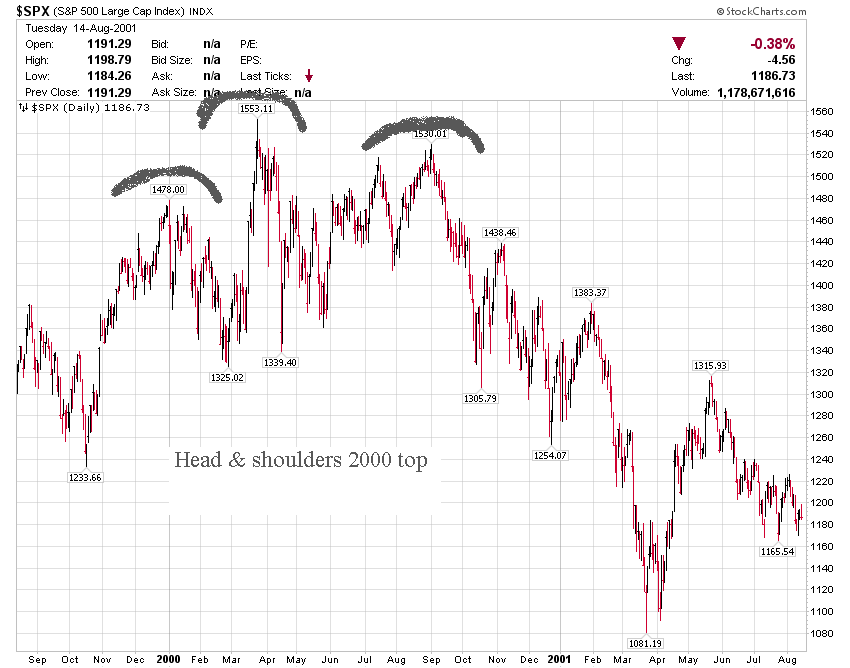Re: Bartus Maximus
I feel really smart when my ideas about what's upcoming are even vaguely similar to what guys like you, Finster, etc. say. Gurus or not.:cool: I'd feel smarter if I actually managed to make money on such predictions.:rolleyes:
Originally posted by bart
View Post
Originally posted by bart
View Post


Comment